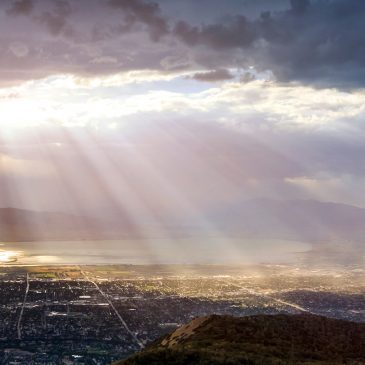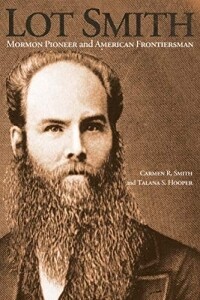Voice from the Dust
Darren Parry is the chairman of the Northwest Band Tribal Council of the Shoshone Nation. On January 29, 1863, the U.S. Army attacked and killed 250 to 500 Shoshone people encamped at the Bear River, near present-day Preston, Idaho, in what was later named the Bear River Massacre. Parry tells how the Native American perspective of this history as he learned it from his ancestors has been ignored but deserves to be represented and respected. Part of the cause of the massacre was that members of The Church of Jesus Christ of Latter-day Saints settled in Shoshone land, consumed scarce resources, and complained to the army when the Shoshone took food. Despite that animosity, many surviving Shoshone joined the Church about ten years later and eventually chose to assimilate into a changing community. Parry shows how we can remember and honor the past but not let a tragic past prevent us from success in the future.



